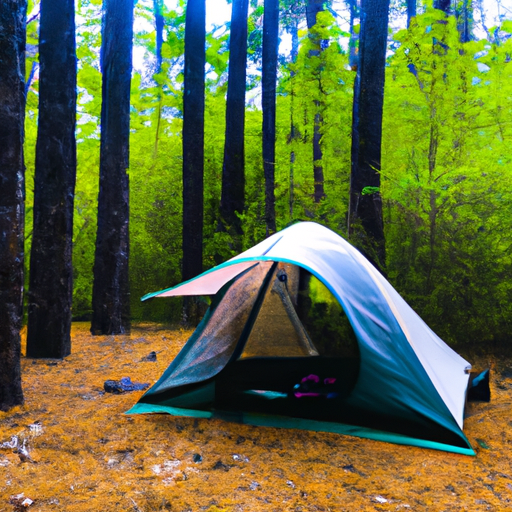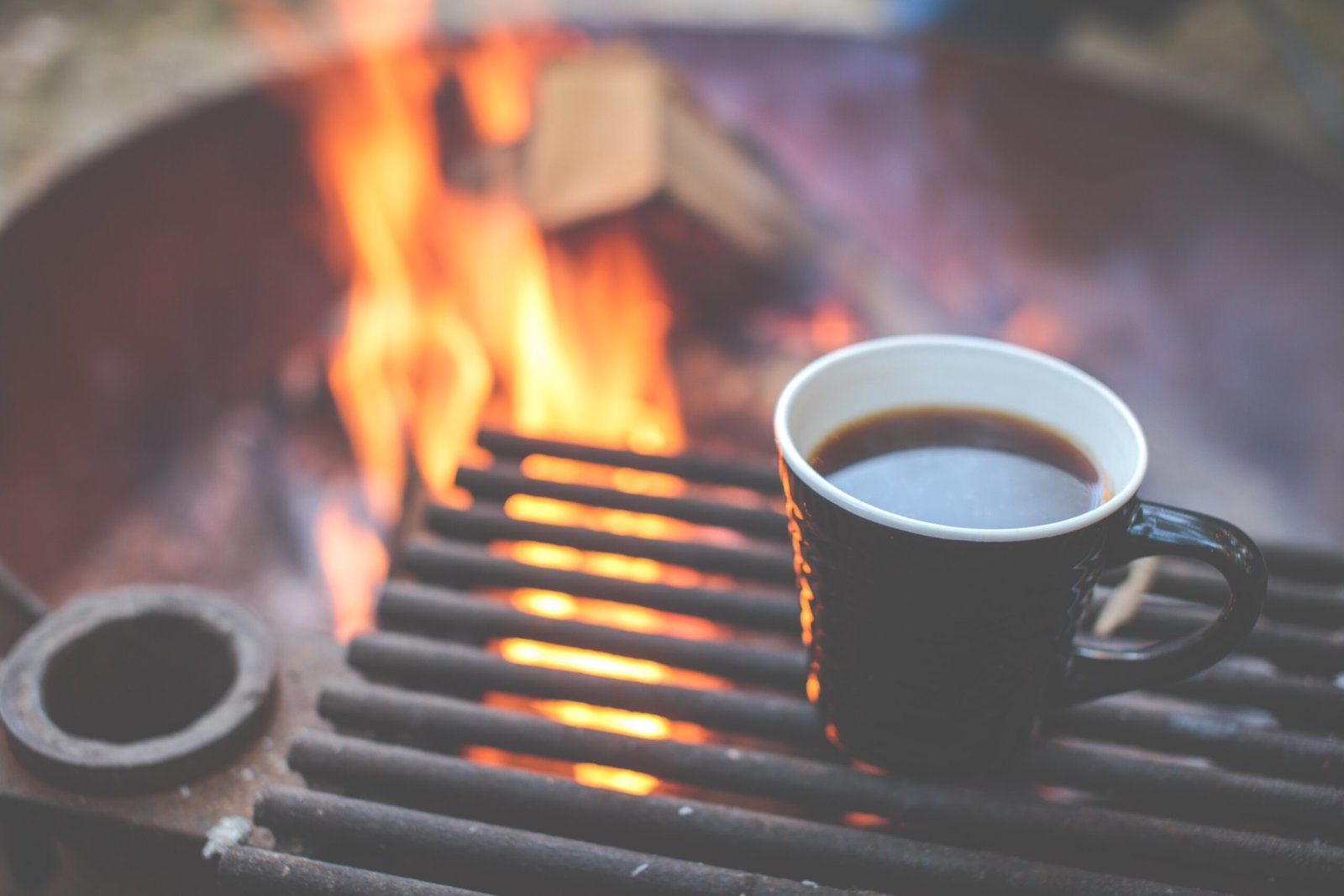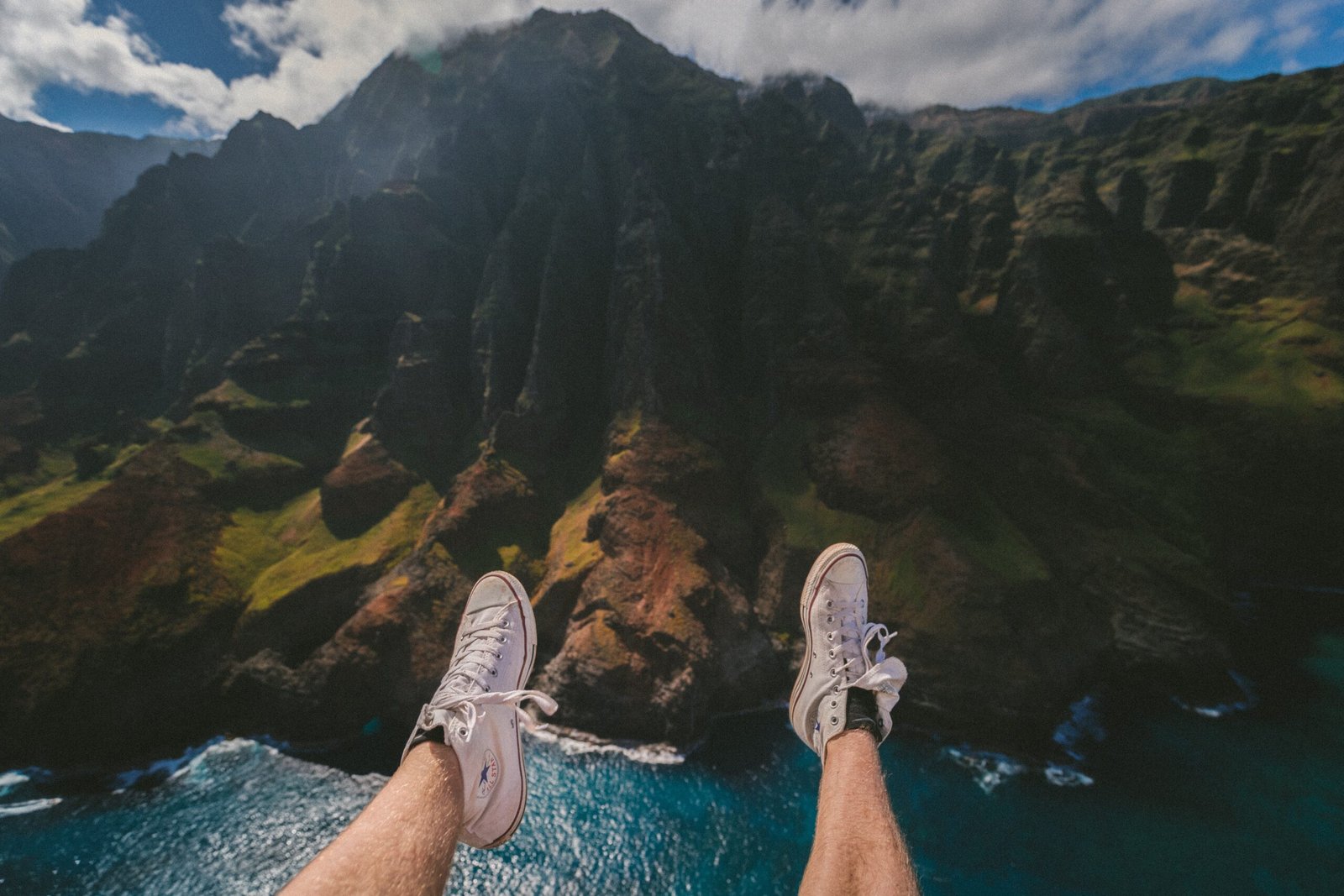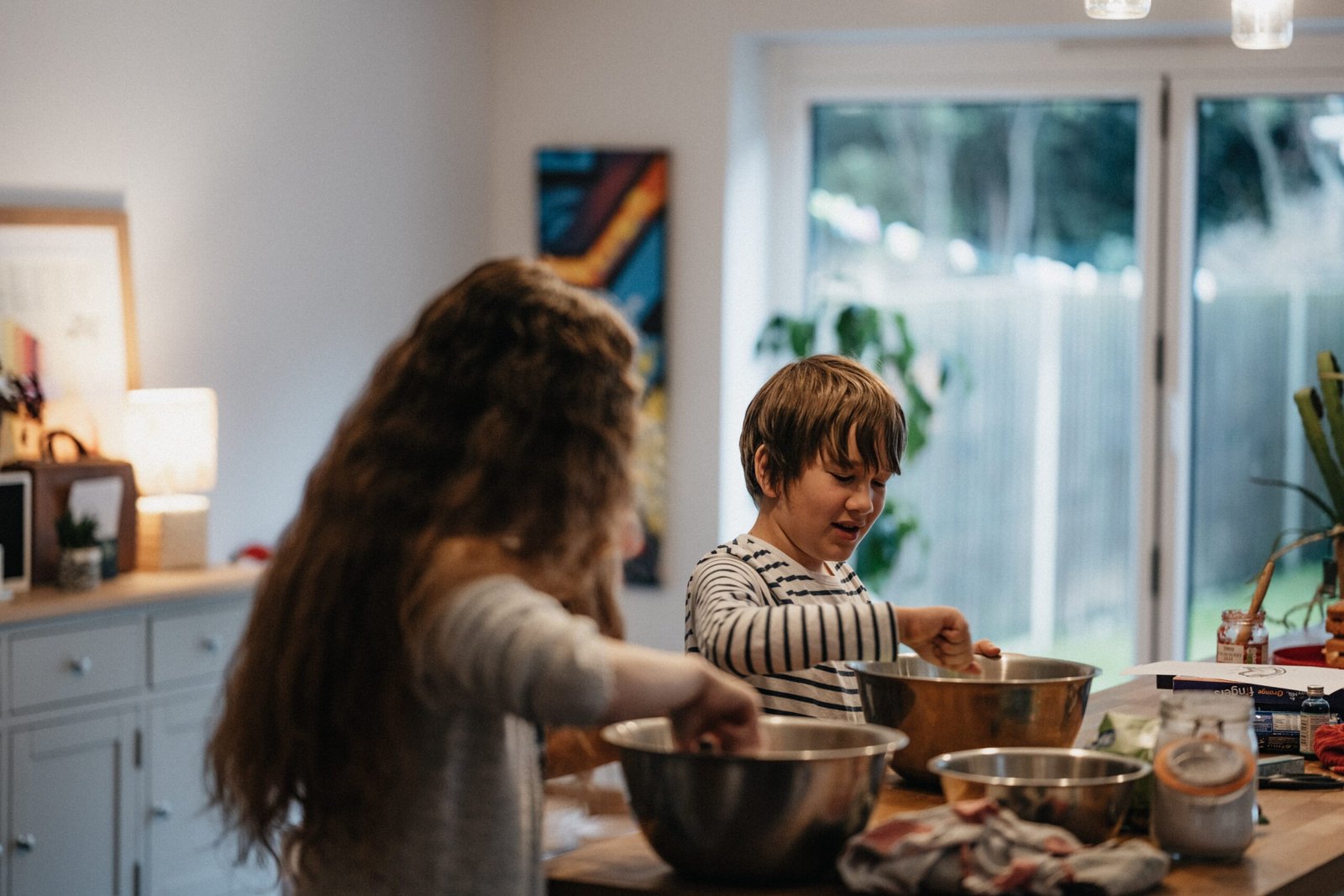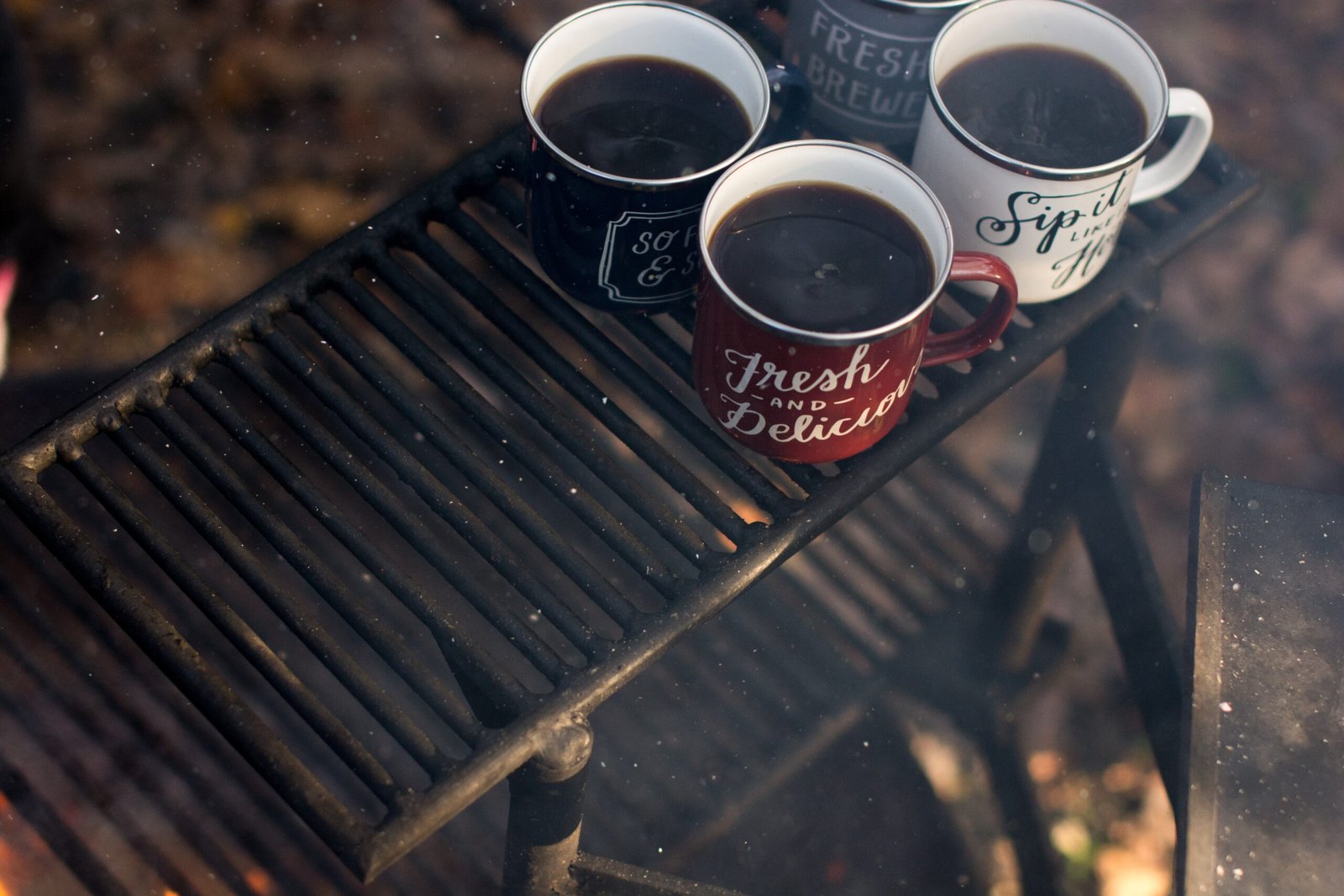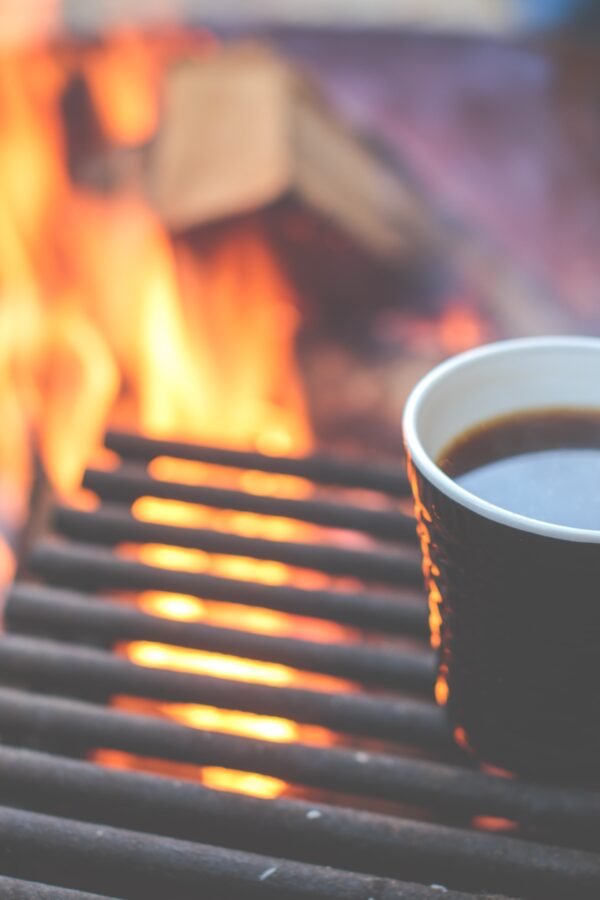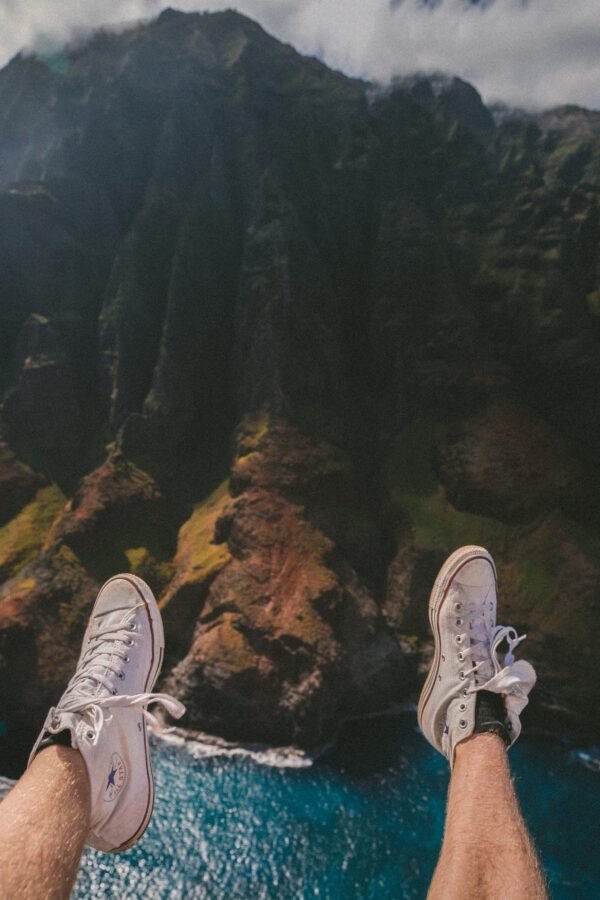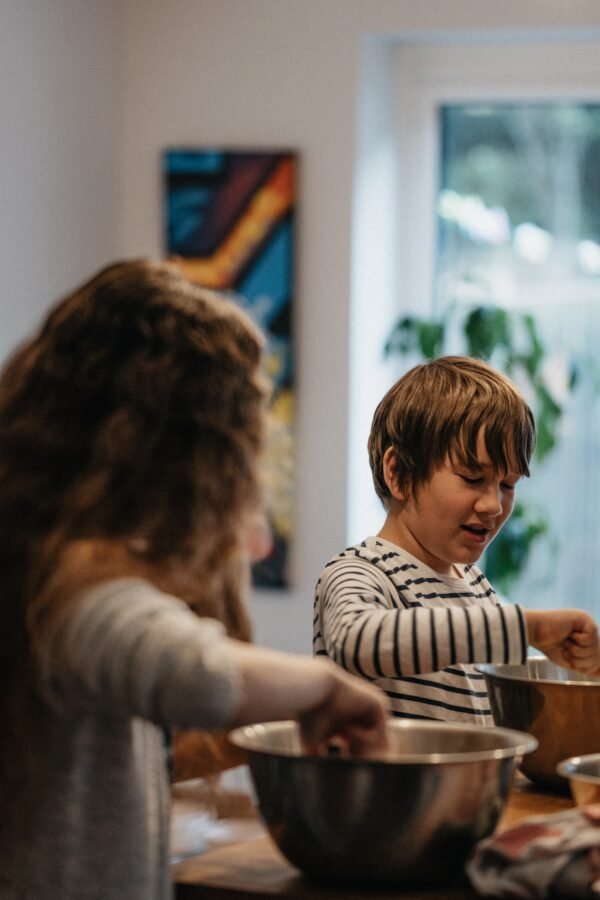As camping operations gradually resume amidst the ongoing coronavirus pandemic, safety concerns and risk assessment come to the forefront. With the initial stages of the outbreak causing cancellations and postponements of camping trips due to facility closures and personal anxieties, state and national parks across the United States are now reopening in a piecemeal fashion, contingent on individual locations. Even private campgrounds such as Kampgrounds of America (KOA) had to implement closures and enforce restrictions in accordance with regulations. Meanwhile, European camping sites lack a standardized approach to reopening, with variations in availability and location. Despite the challenges, this article delves into the natural beauty and attractions of key camping destinations in Ireland, showcasing the country’s allure.
Check Other Tutti Camping Articles
Overview of camping during the pandemic
The COVID-19 pandemic has brought about significant changes in various aspects of daily life, including the way people engage in recreational activities such as camping. Camping, which is traditionally seen as a way to connect with nature and escape the stress of everyday life, now raises concerns about safety and risk calculation. Many camping trips were canceled or postponed in the early stages of the pandemic due to facility closures and personal concerns. State and national parks in the United States closed or restricted activities, but are gradually reopening in a patchwork manner depending on location. Private campgrounds, including popular ones such as Kampgrounds of America (KOA), had to close some spots and enforce limits in compliance with regulations. Meanwhile, European camping sites have no uniform reopening plans, resulting in variations in location and availability. Despite these challenges, camping enthusiasts are still eager to explore the great outdoors, and this article aims to provide a comprehensive guide to camping during the pandemic.
Safety precautions for campers
As with any activity during the pandemic, following safety guidelines and protocols is crucial to ensuring the well-being of oneself and others. Campers should prioritize following the guidelines set by the Centers for Disease Control and Prevention (CDC) to minimize the risk of spreading or contracting the virus. It is imperative to maintain social distancing while camping, especially in communal areas such as campgrounds, trails, and restrooms. Campers should also practice proper hand hygiene by frequently washing their hands with soap and water for at least 20 seconds or using hand sanitizers with at least 60% alcohol content. Wearing masks is another consideration, especially in situations where maintaining a safe distance from others is challenging. While camping, individuals should be mindful of their surroundings and adhere to proper sanitation practices for campgrounds and shared facilities. Regularly cleaning and disinfecting commonly touched surfaces in these areas can help mitigate the risks associated with shared spaces.
Risk assessment for campers
Before embarking on a camping trip, individuals need to evaluate their personal health and vulnerability. Assessing individual health conditions and understanding the potential risks associated with the virus is crucial in making informed decisions about camping during the pandemic. Individuals with pre-existing health conditions should consider consulting with their healthcare providers to determine whether camping is a suitable activity for them. Additionally, assessing the risk of exposure during travel to camping sites is essential. Factors such as mode of transportation, duration of travel, and stops along the way should be carefully considered to minimize potential exposure to the virus. Furthermore, understanding the risk of shared facilities at campgrounds, such as restrooms and communal cooking areas, is essential for campers. Balancing the benefits of camping, such as emotional well-being and outdoor recreation, with the potential risks associated with the pandemic is a crucial step in making an informed decision.
Camping guidelines and regulations
State and national park guidelines play a significant role in ensuring the safety of campers during the pandemic. These guidelines often provide specific instructions and restrictions regarding camping activities. Some of the common regulations include limitations on group camping and gathering sizes to maintain social distancing measures. Enforcement of social distancing measures is typically carried out by park rangers and authorities, and it is important for campers to cooperate and follow their instructions. Similarly, private campgrounds may have their own set of regulations that campers need to adhere to. These regulations could involve limiting the number of campers per site, adjusting check-in and check-out procedures, and implementing additional sanitation measures. It is also worth noting that local ordinances and regulations can impact camping activities, and campers should familiarize themselves with these requirements before planning their trips.
Public health considerations
Camping can have potential impacts on local healthcare systems, especially in small towns and rural areas where resources may be more limited. With an influx of campers, there may be an increased strain on local healthcare facilities and emergency services. Therefore, it is essential for campers to be aware of the potential impact of their presence and act responsibly to avoid overwhelming these communities. Respecting local communities and resources is paramount, and campers should engage in educational campaigns and initiatives that promote responsible camping during the pandemic. Cooperation with park rangers and campground staff can also contribute to the overall public health considerations and ensure a safe and enjoyable camping experience for everyone involved.
Alternatives to traditional camping
For those who are unable or uncomfortable with traditional camping, there are alternative options available. Virtual camping experiences have gained popularity, providing campers with the opportunity to explore and enjoy nature from the comfort and safety of their own homes. Additionally, backyard camping has emerged as a safer alternative, allowing individuals to experience the joys of camping while minimizing exposure to the virus. Exploring local hiking trails and nature spots that are easily accessible by car is another option for outdoor enthusiasts. Renting cabins or RVs provides a more controlled environment and allows for greater separation from others. However, it is essential to check the guidelines and regulations for camping on private properties to ensure compliance with local ordinances and restrictions.
Impact on camping industry and economy
The COVID-19 pandemic has had a significant financial impact on the camping industry and related businesses. Campgrounds, equipment suppliers, and other entities that rely on camping-related activities have suffered financial losses due to cancellations and closures. In response to the pandemic, campsites have had to adapt to new safety guidelines and protocols to ensure the well-being of campers. This has resulted in additional measures such as increased sanitation practices, reduced capacity, and modifications to check-in and check-out procedures. The long-term effects of the pandemic on camping habits and preferences are still uncertain. It is possible that individuals may prioritize camping and outdoor activities as a safer form of recreation even after the pandemic subsides. Supporting local businesses and small campgrounds can contribute to the recovery of the camping industry, and government assistance programs aimed at assisting the industry have also been implemented.
Check Other Tutti Camping Articles
Lessons learned from the pandemic
The pandemic has brought about valuable lessons for campers and the camping industry as a whole. Increased awareness of personal health and hygiene practices has become essential, with individuals adopting more stringent cleaning and sanitation routines. Furthermore, the importance of emergency preparedness for camping trips has been highlighted. Campers have learned to consider various scenarios and equip themselves with the necessary supplies and knowledge to handle unexpected situations. Enhancing communication and coordination between campers and authorities has also become crucial, allowing for efficient dissemination of information and adherence to guidelines. Flexibility and adaptability have been key traits for campers, as changing circumstances and regulations require adjusting plans and expectations. Building resilience for future disruptions is an important aspect for campers to ensure their ability to navigate any future challenges that may arise.
Conclusion
While camping during the pandemic raises valid concerns and uncertainties, with proper safety precautions and risk assessment, it is possible to enjoy the benefits of camping while minimizing the risks associated with the virus. Following the guidelines set by health authorities, prioritizing safety, and respecting the rules and regulations of camping destinations are essential steps in ensuring a safe and enjoyable experience. Camping offers a way to reconnect with nature, reduce stress, and foster a sense of well-being, especially during challenging times. As campers navigate the balance between risk and reward, it is crucial to make informed decisions that prioritize the health and safety of oneself and others. By doing so, camping enthusiasts can look forward to a brighter future of experiencing the joys of nature in a responsible and mindful manner.

